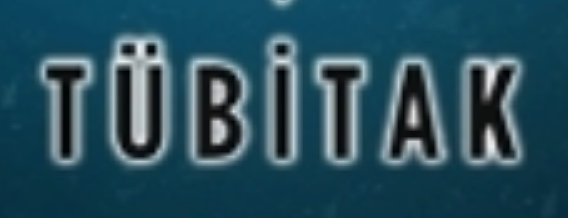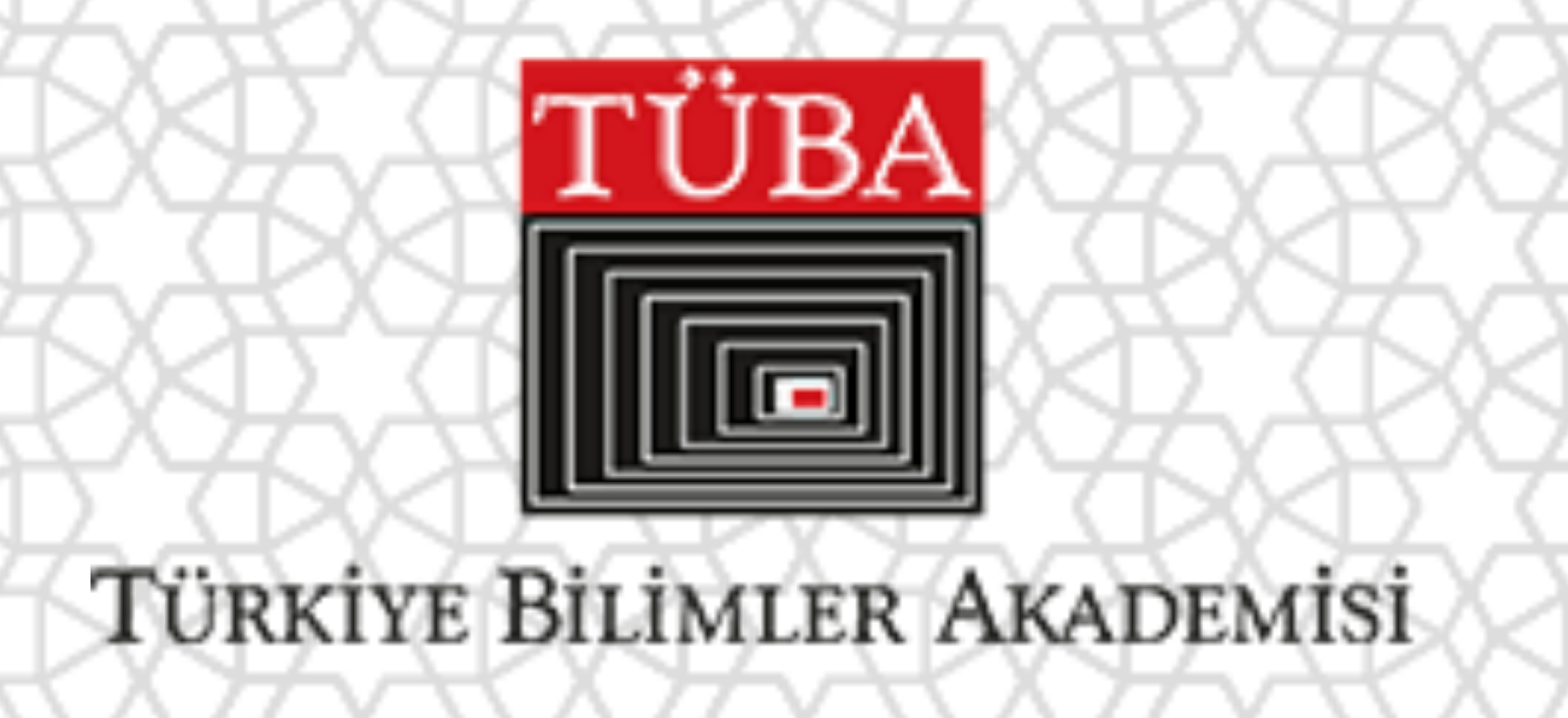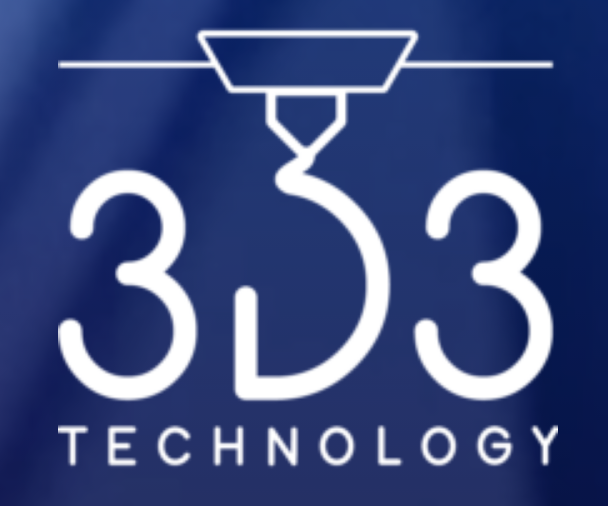Our work is centered on community and ecosystem ecology of aquatic ecosystems. This involves understanding how organisms assemble under space and time, as well as how ecosystems function under different environmental conditions. Occasionaly, we also work on non-aquatic organism groups, like birds as model organisms and the current global biodiversity crisis compels us to undertake projects on conservation and ecosystem management.
The current ongoing projects can be grouped under three main subjects that you can find below. We also lead and collaborate on other projects on conservation and aquatic ecosystem management.
Ecology of High Latitude and Altitude Ecosystems
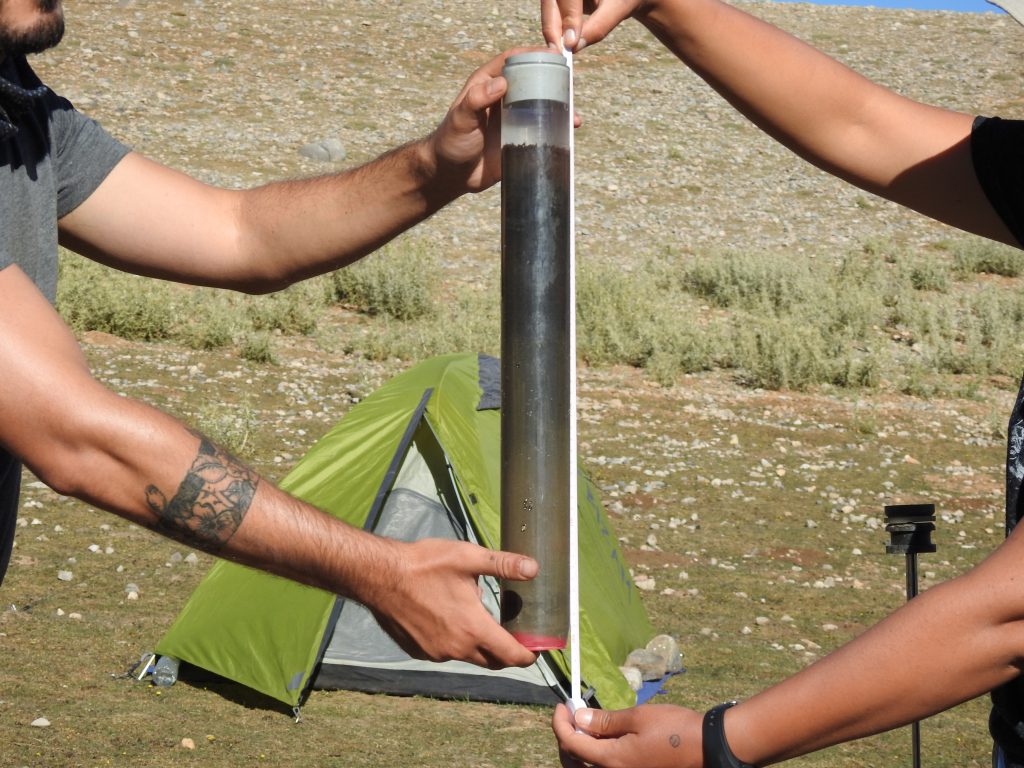
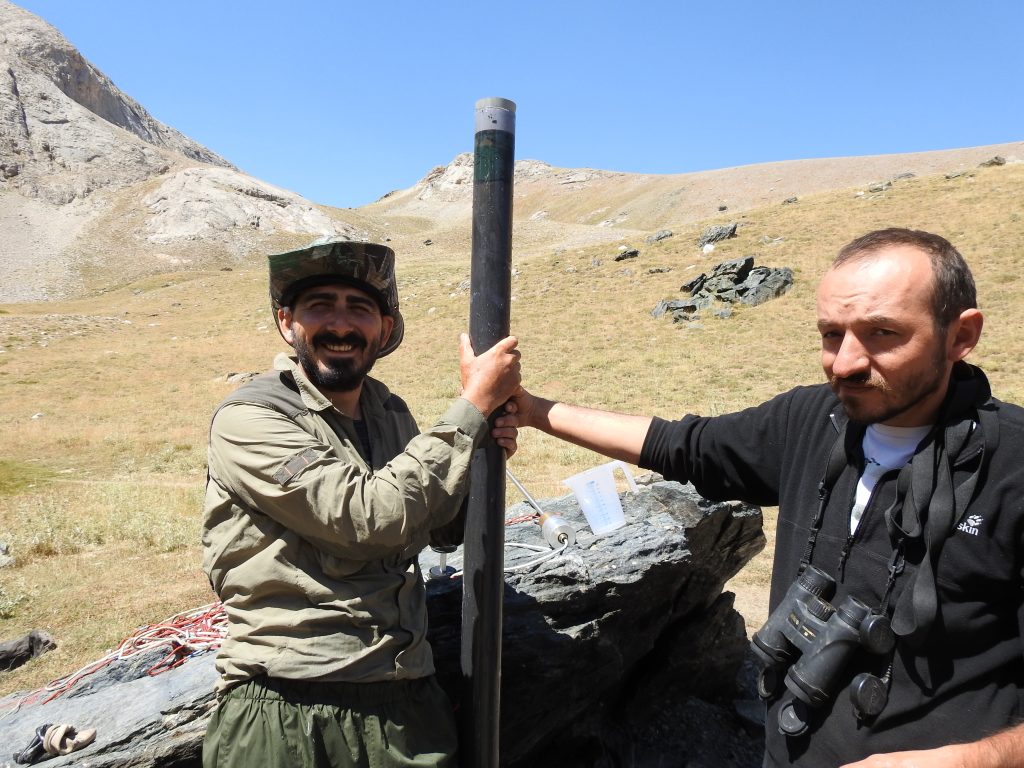
High latitude (Arctic & Antarctic) and high altitude (alpine) ecosystems are under dramatic pressures due to climatic and anthropogenic changes with an unprecedented rate. We study how these unique ecosystems and their communities respond to these changes as well as use paleoecological approaches on lacustrine sedimentary records to document past climatic and ecosystem changes. Our group have been conducting regular fieldwork in Antarctic peninsula as well as Anatolian Alpine Lakes.
Funded by: TÜBİTAK 1001, TÜBİTAK 3501 grants and TÜBA GEBİP grant
Ecology of Saline Lakes

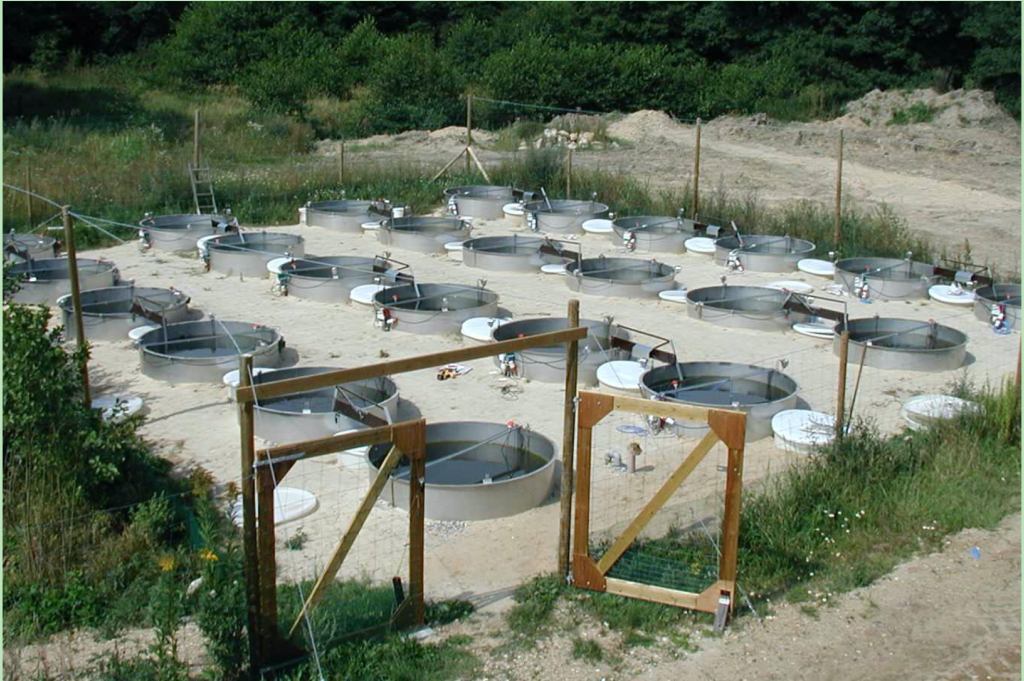
Mediterranean region is expected to be heavily affected by aridity both because of the current diversion of freshwater resources as well as climatic changes. Consequent salinization and also loss of surface waters (lakes, ponds and rivers) have been widely observed across the arid landscapes of the Earth. Inner Anatolian lakes have olsa been dramatically affected by these changes. We use observations across Anatoilan and Khazak lakes coupled with modelling and experimental approaches to understand how these changes affect the ecosystem structure (i.e. biodiversity or food web interactions) and function (Green House Gas Emissions).
Funded by: TÜBİTAK 2232 grant (PI Erik Jeppesen) and METU BAP
Catchment Sea Interactions
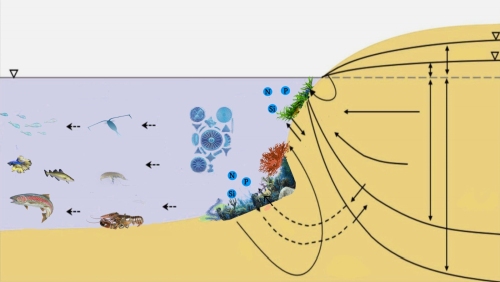
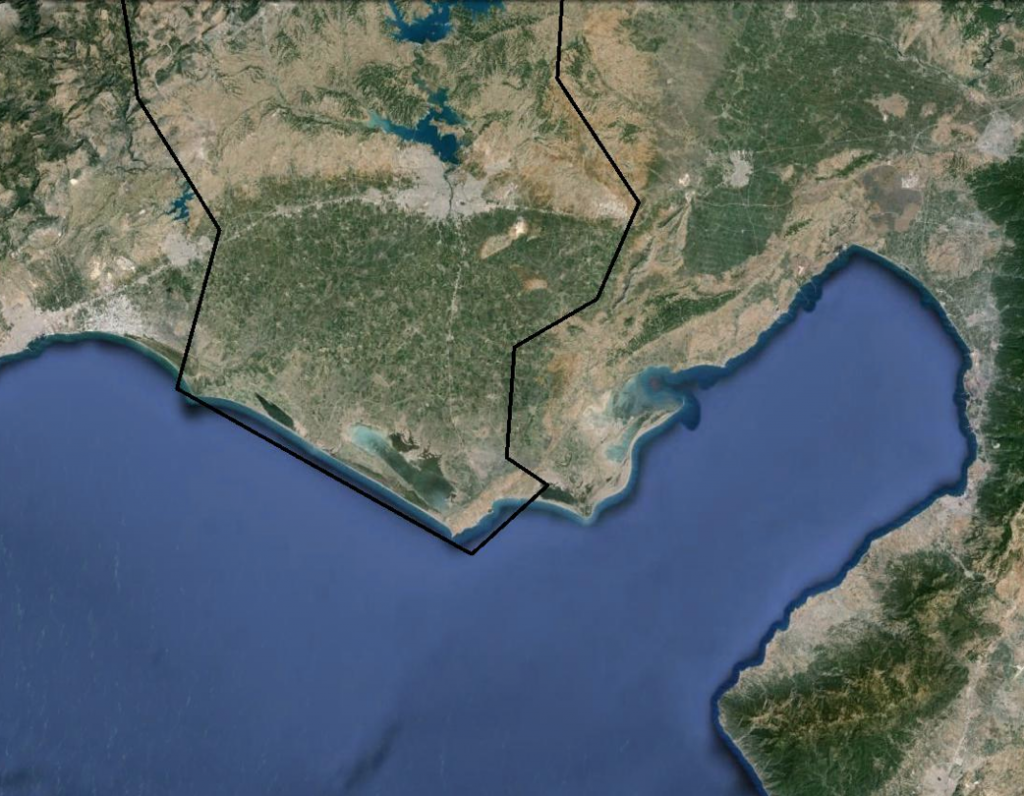
Surface water and groundwater discharges are the most important regulators of the coastal sea nutrient budget, making land-sea interactions an essential element of the global water cycle. The project’s main focus is on understanding the role of groundwater and its contribution to nutrient budget of Eastern Mediterranean as compared to surface runoff. We employ a systematic observation and budget study using radioisotope trace elements is integrated with an interdisciplinary and organized approach to achieve this aim.
We also operate a monitoring programme on the coastal wells in our campus and nearby Lamas river as a part of DEKOSIM center.
Funded by: TÜBİTAK 1001 grant & DEKOSİM
Our Funders / Supporters
We conduct our research with the support of several agencies. Below you can find the list of funding agencies and also supporting partners. We are grateful for their support and try our best to make the best use of these resources for science, education and outreach!

